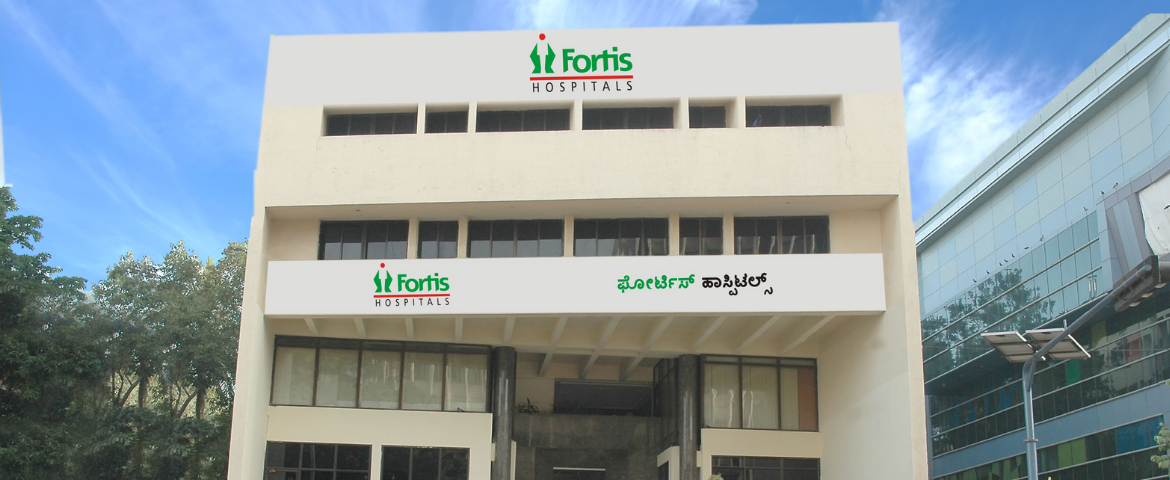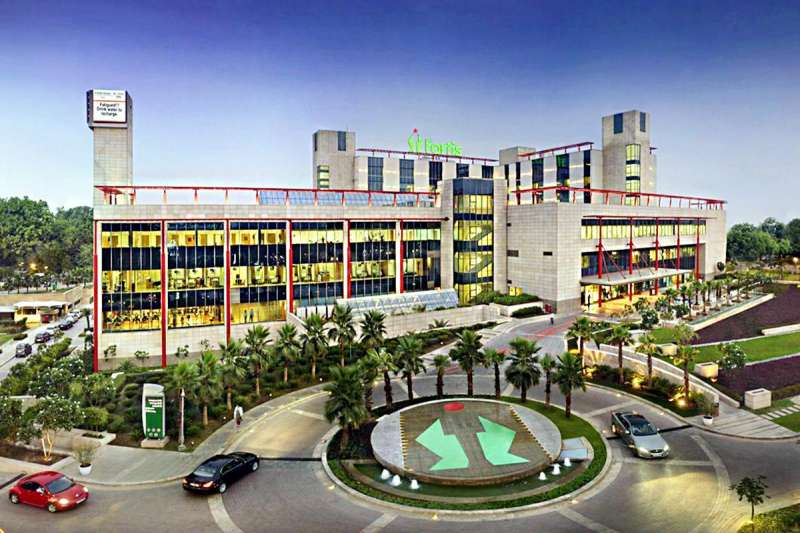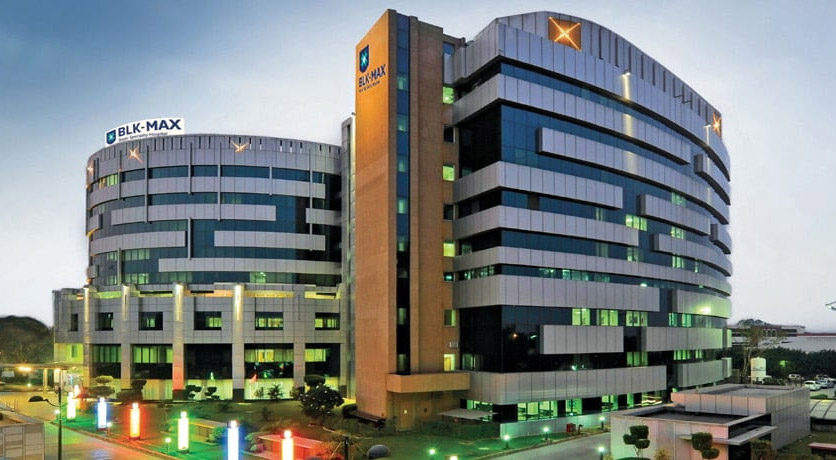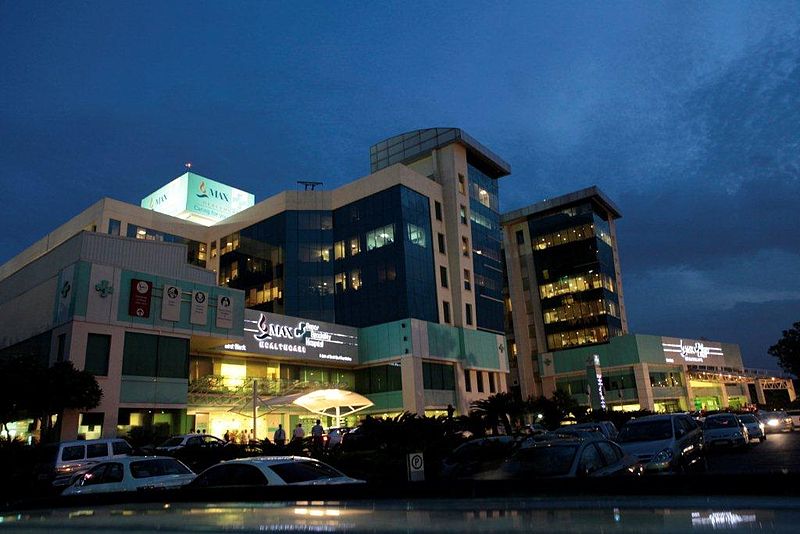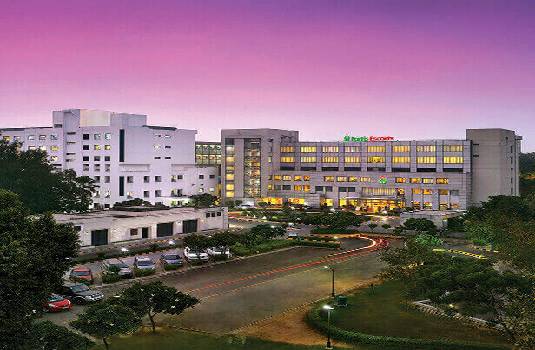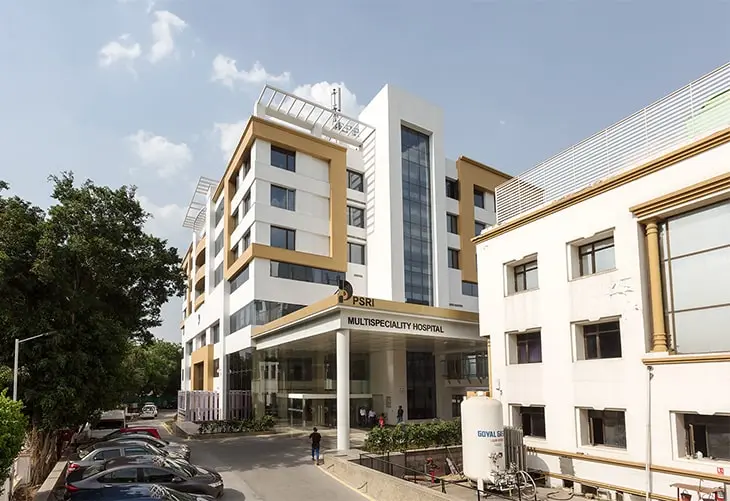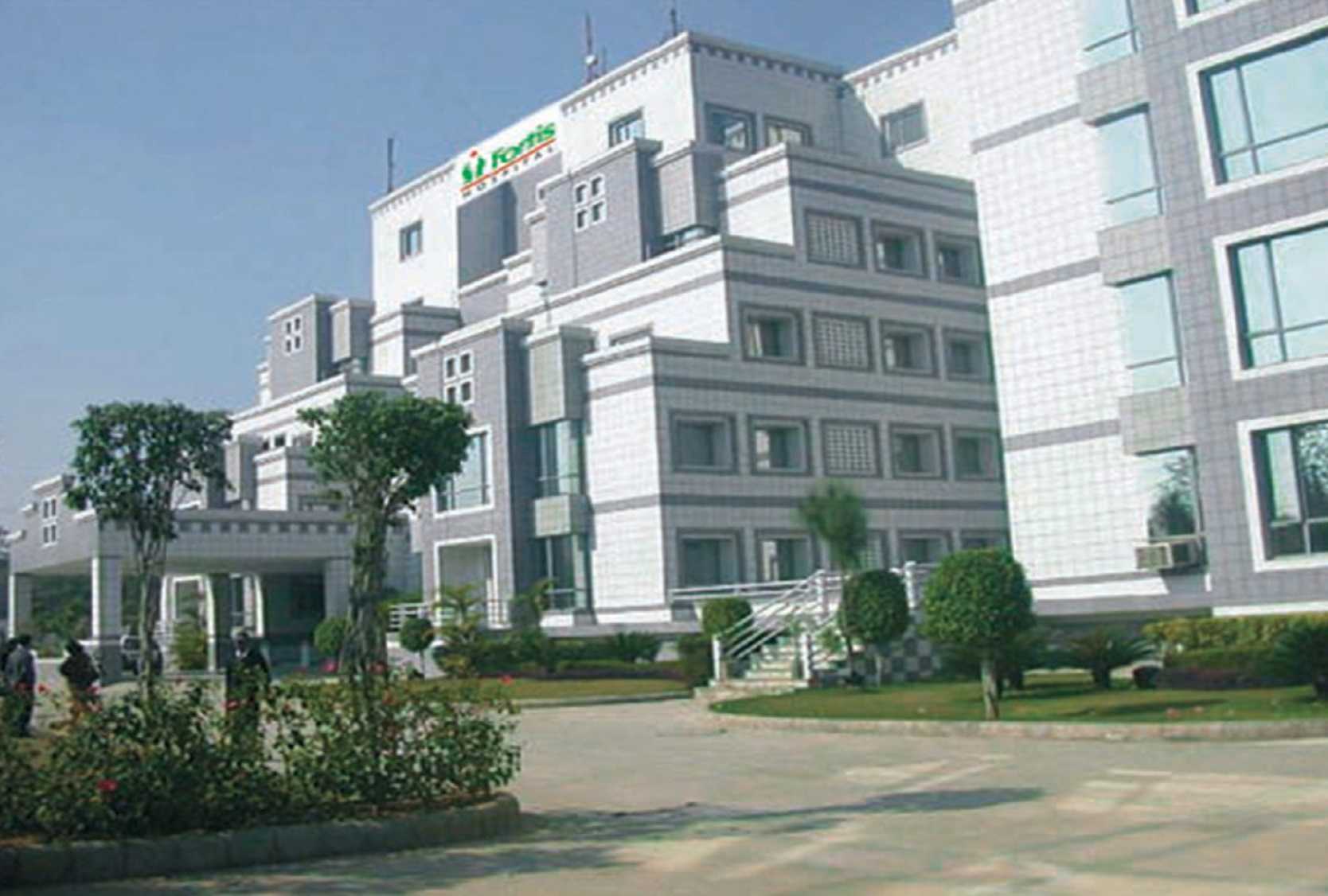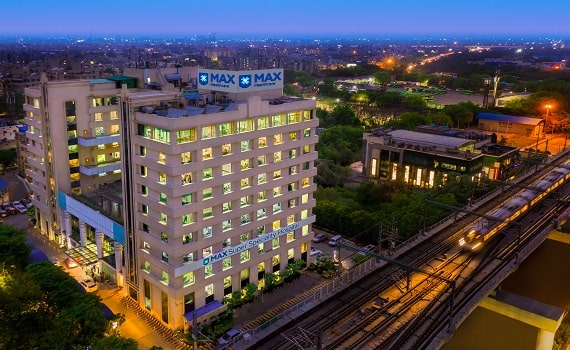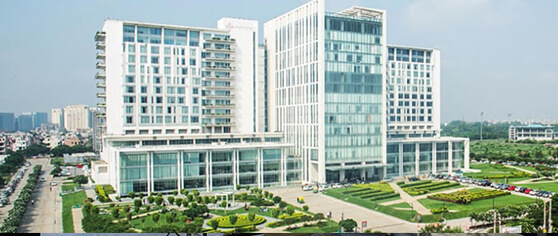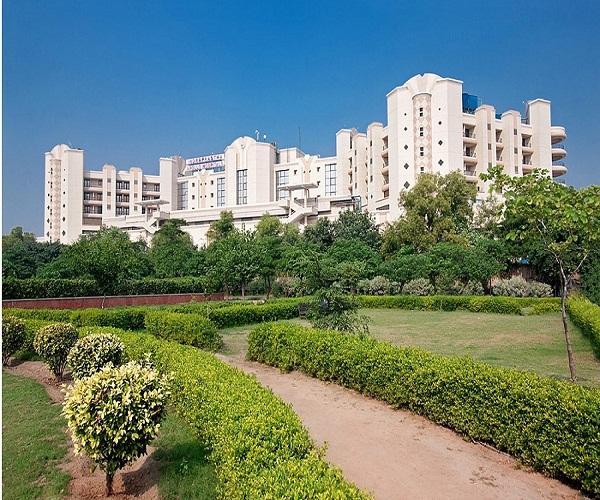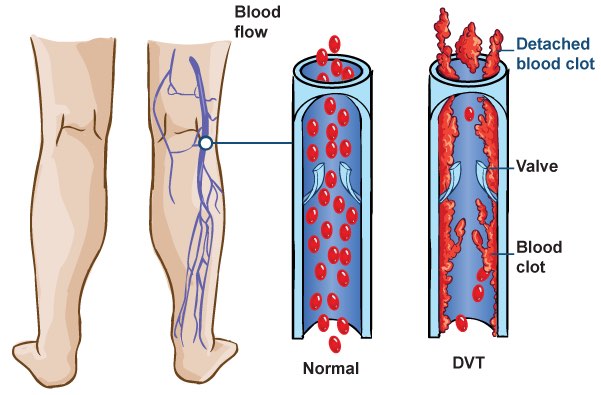Thrombosis cost in India
The cost of Thrombosis in India ranges
from USD 1200 to USD 3500
Thrombosis:
A blood clot, or thrombus, that develops within a blood artery can enlarge and obstruct blood flow to particular sections of the body, causing harm to tissues and organs. Blood clots can form in one place, detach, migrate downstream, and lodge in very tiny veins, creating a blockage, or embolization, in certain people. A vascular blockage caused by thrombosis or embolization, if left untreated, might result in the loss of an organ or an extremity, which can be life-threatening. Catheter-directed thrombolysis is a minimally invasive procedure that dissolves aberrant blood clots in blood arteries, improving blood flow and preventing tissue and organ damage.
Thrombosis:
A blood clot, or thrombus, that develops within a blood artery can enlarge and obstruct blood flow to particular sections of the body, causing harm to tissues and organs. Blood clots can form in one place, detach, migrate downstream, and lodge in very tiny veins, creating a blockage, or embolization, in certain people. A vascular blockage caused by thrombosis or embolization, if left untreated, might result in the loss of an organ or an extremity, which can be life-threatening.
Catheter-directed thrombolysis is a minimally invasive procedure that dissolves aberrant blood clots in blood arteries, improving blood flow and preventing tissue and organ damage.
A catheter is placed into a vein in the leg and threaded carefully through the vein using x-ray imaging until it reaches the blood clot location. A clot-dissolving medication is administered into the clot through the catheter when the tip of the catheter reaches the clot. The blood clot will usually disintegrate entirely within one to two days. Special x-rays and ultrasound images are used to monitor the surgery. These pictures will also reveal whether the vein wall is constricted or damaged, increasing the risk of future clots. A catheter is placed into a vein in the leg and threaded carefully through the vein using x-ray imaging until it reaches the blood clot location.If this sort of damage has occurred, a balloon angioplasty or the insertion of a tiny mesh stent into the vein to prevent it from clotting again may be required.
Disease Overview:
Deep Vein Thrombosis
A blood clot (thrombus) develops in one or more of your body's deep veins, generally in your legs, causing deep vein thrombosis (DVT). Deep vein thrombosis can cause limb discomfort and edoema, but it can also strike without warning.
If you have certain medical disorders that alter how your blood clots, you may get DVT. A blood clot in your legs can also occur if you don't move for an extended period of time, such as after surgery or an accident, when travelling a long distance, or while on bed rest.
Deep vein thrombosis is a dangerous condition in which blood clots in your veins break free, travel through your circulation, and become lodged in your lungs, limiting blood flow (pulmonary embolism). However, pulmonary embolism can happen even if there is no sign of DVT.
The combination of DVT and pulmonary embolism is known as venous thromboembolism (VTE).
Disease Signs and Symptoms:
The following are some of the indications and symptoms of DVT:
- The afflicted leg is swollen. Swelling in both legs occurs seldom.
- Your leg hurts. The discomfort usually begins in your calf and feels like cramping or soreness.
- Leg skin that is red or discoloured.
- A warm sensation in the afflicted limb.
- Deep vein thrombosis (DVT) can strike without warning.
Disease Causes:
A blood clot can be caused by anything that hinders your blood from flowing or clotting normally.
DVT is caused by damage to a vein caused by surgery or trauma, as well as inflammation caused by infection or injury.
Factors that are at risk
There are a variety of factors that might raise your chances of having DVT. The higher your risk of DVT, the more risk factors you have. DVT can be caused by a number of reasons, including:
Age. DVT is more common in those over the age of 60, but it can happen at any age.
Long durations of sitting, such as while driving or flying. Calf muscles do not contract while your legs are still for long periods of time. Muscle contractions help blood circulate correctly.
Long-term bed rest or paralysis, such as during a hospital stay. If your calf muscles aren't used for a long time, blood clots can develop in your legs.
Surgery or an injury. Blood clots can be caused by injury to your veins or surgery.
Pregnancy. The pressure in the veins of your pelvis and legs rises during pregnancy. Women who have a genetic clotting condition are more vulnerable. Pregnancy can put you at risk for blood clots for up to six weeks after you give birth.
Hormone replacement treatment or birth control tablets (oral contraceptives). Both can improve the ability of your blood to clot.
Obesity is being overweight. Obesity causes increased pressure in the veins of the pelvis and legs.
Smoking. Smoking has an effect on blood coagulation and circulation, putting you at risk for DVT.
Cancer. Some cancers cause your blood to clot by increasing chemicals in your blood. Blood clots can potentially be a side effect of several cancer treatments.
Heart failure is a serious condition. DVT and pulmonary embolism are more likely as a result of this. Because persons with heart failure have reduced heart and lung function, even a little pulmonary embolism can cause obvious symptoms.
Inflammatory bowel disease is a condition in which the intestines become inflame DVT is more likely in those who have bowel illnesses such Crohn's disease or ulcerative colitis.
DVT or PE is a personal or familial history. You may be at higher risk of having DVT if you or someone in your family has had one or both of these.
Genetics. Some people inherit genetic risk factors or illnesses that cause their blood to clot more easily, such as factor V Leiden. Unless paired with one or more additional risk factors, an inherited condition may not produce blood clots on its own.
There are no identified risk factors. A blood clot in a vein can sometimes happen without any obvious risk factors. An unprovoked VTE is what it's termed.
Disease Diagnosis:
Your doctor will question you about your symptoms in order to diagnose DVT. You'll also have a physical exam so your doctor can look for areas of edoema, discomfort, or skin colour changes.
The tests you have will be determined by whether your doctor believes you have a low or high risk of DVT. The D-dimer blood test is one of the tests used to identify or rule out a blood clot. Blood clots generate D dimer, a kind of protein. D dimer levels in the blood are almost always elevated in persons with severe DVT. A normal D-dimer test result can typically help rule out PE.
Ultrasound duplex. Sound waves are used to produce images of how blood flows through your veins in this noninvasive examination.
It's the gold standard for detecting DVT. A professional uses a tiny hand-held device (transducer) to gently slide a small hand-held device (transducer) over your skin across the body region being investigated for the test. A series of ultrasounds may be performed over several days to assess if a blood clot is developing or whether a new one has formed.
Venography. In a big vein in your foot or ankle, a dye is injected. To search for clots, an X-ray provides a picture of the veins in your legs and feet. Because the test is intrusive, it is rarely used. Other tests, such as an ultrasound, are frequently performed first.
Scan with magnetic resonance imaging (MRI). This test can be used to identify DVT in the abdominal veins.
Disease Treatment:
DVT therapy has three major objectives.
- Stop the clot from becoming larger.
- Stop the clot from breaking free and spreading to the lungs.
- Reduce your risks of getting a DVT again.
Treatment options for DVT include:
Blood thinners are drugs that thin the blood. Anticoagulants, often known as blood thinners, are the most frequent treatment for DVT. These treatments don't dissolve existing blood clots, but they can help prevent them from growing larger and lessen your chances of obtaining more.
Blood thinners can be taken orally, delivered intravenously, or injected under the skin. Heparin is usually administered intravenously. Enoxaparin (Lovenox) and fondaparinux are the most regularly used injectable blood thinners for DVT (Arixtra).
After a few days of using an injectable blood thinner, your doctor may transfer you to a pill. Warfarin (Jantoven) and dabigatran are two examples of blood thinners that you can take by mouth (Pradaxa).
Some blood thinners don't need to be given by IV or injection initially. Rivaroxaban (Xarelto), apixaban (Eliquis), or edoxaban are the medications in question (Savaysa). They can be begun as soon as the diagnosis is made.
It's possible that you'll need to take blood thinners for three months or longer. To avoid major side effects, it's critical to take them exactly as directed.
You'll need regular blood tests if you're on warfarin to see how long it takes your blood to clot. Certain blood-thinning drugs should not be taken by pregnant women.
Clot busters are substances that dissolve clots. These medicines, also known as thrombolytics, may be administered if you have a more dangerous kind of DVT or PE, or if previous treatments aren't working.
These medications are administered by an IV or a tube (catheter) inserted directly into the clot. Clot busters are normally reserved for those who have major blood clots since they might cause serious bleeding.
Filters. If you can't take blood thinners, a filter may be put into a major vein in your belly called the vena cava. A vena cava filter keeps clots from getting into your lungs when they break loose.
Country wise cost comparison for Thrombosis:
| Country | Cost |
|---|---|
| India | $1620 |
Treatment and Cost
5
Total Days
In Country
- 2 Day in Hospital
- 2 No. Travelers
- 3 Days Outside Hospital
Treatment cost starts from
$1800
Popular Hospital & Clinic
Featured Hospital
9 Hospitals
Types of Thrombosis in Fortis Memorial Research Institute and its associated cost
| Treatment Option | Approximate Cost Range (USD) |
|---|---|
| No Treatment option added | |
- Address: Sector - 44, Opp. HUDA City Center,Gurgaon, Haryana - 122002, India
- Facilities related to Fortis Memorial Research Institute: Private Rooms, Translator, Nursery / Nanny Services, Airport Pick up, Personal Assistance / Concierge, Free Wifi, Local Tourism Options, International Cuisine, Phone in Room, Private Driver / Limousine Services, Post operative followup, Mobility Accessible Rooms, Online Doctor Consultation, Air Ambulance, Religious Facilities, Rehabilitation, Cafe, TV in room, Car Hire, Health Insurance Coordination,
50
DOCTORS IN 35 SPECIALITIES
20+
FACILITIES & AMENITIES
Types of Thrombosis in BLK-Max Super Speciality Hospital and its associated cost
| Treatment Option | Approximate Cost Range (USD) |
|---|---|
| No Treatment option added | |
- Address: Pusa Road, New Delhi-110005
- Facilities related to BLK-Max Super Speciality Hospital: Private Rooms, Translator, Nursery / Nanny Services, Personal Assistance / Concierge, Free Wifi, International Cuisine, Phone in Room, Private Driver / Limousine Services, Post operative follow-up, Mobility Accessible Rooms, Rehabilitation, Cafe, TV in room, Car Hire, Health Insurance Coordination
17
DOCTORS IN 33 SPECIALITIES
20+
FACILITIES & AMENITIES
Types of Thrombosis in Max Super Speciality Hospital and its associated cost
| Treatment Option | Approximate Cost Range (USD) |
|---|---|
| No Treatment option added | |
- Address: Max Super Speciality Hospital No. 1, 2, Press Enclave Road, Mandir Marg, Saket Institutional Area, Saket, New Delhi, Delhi, 110017, India
- Facilities related to Max Super Speciality Hospital:
53
DOCTORS IN 34 SPECIALITIES
20+
FACILITIES & AMENITIES
Types of Thrombosis in Fortis Escorts Heart Institute and its associated cost
| Treatment Option | Approximate Cost Range (USD) |
|---|---|
| No Treatment option added | |
- Address: Okhla Road,New Delhi - 110 025 (INDIA)
- Facilities related to Fortis Escorts Heart Institute: Private Rooms, Translator, Nursery / Nanny Services, Personal Assistance / Concierge, Free Wifi, International Cuisine, Phone in Room, Private Driver / Limousine Services, Post operative follow-up, Mobility Accessible Rooms, Rehabilitation, Cafe, TV in room, Car Hire, Health Insurance Coordination
19
DOCTORS IN 33 SPECIALITIES
20+
FACILITIES & AMENITIES
Types of Thrombosis in PSRI Hospital and its associated cost
| Treatment Option | Approximate Cost Range (USD) |
|---|---|
| No Treatment option added | |
- Address: Press Enclave Marg, J Pocket, Phase II, Sheikh Sarai, New Delhi, Delhi 110017
- Facilities related to PSRI Hospital: Private Rooms, Translator, Nursery / Nanny Services, Personal Assistance / Concierge, Free Wifi, International Cuisine, Phone in Room, Private Driver / Limousine Services, Post operative follow-up, Mobility Accessible Rooms, Rehabilitation, Cafe, TV in room, Car Hire, Health Insurance Coordination
8
DOCTORS IN 33 SPECIALITIES
20+
FACILITIES & AMENITIES
Types of Thrombosis in Fortis Flt. Lt. Rajan Dhall Hospital, Vasant Kunj, Delhi and its associated cost
| Treatment Option | Approximate Cost Range (USD) |
|---|---|
| No Treatment option added | |
- Address: Fortis Flt. Lt. Rajan Dhall Hospital, Aruna Asaf Ali Marg, Pocket 1, Sector B, Vasant Kunj, New Delhi, Delhi 110070
- Facilities related to Fortis Flt. Lt. Rajan Dhall Hospital, Vasant Kunj, Delhi: Private Rooms, Translator, Nursery / Nanny Services, Personal Assistance / Concierge, Free Wifi, International Cuisine, Phone in Room, Private Driver / Limousine Services, Post operative follow-up, Mobility Accessible Rooms, Rehabilitation, Cafe, TV in room, Car Hire, Health Insurance Coordination
46
DOCTORS IN 34 SPECIALITIES
20+
FACILITIES & AMENITIES
Types of Thrombosis in MAX Super Speciality hospital, Patpadganj Delhi and its associated cost
| Treatment Option | Approximate Cost Range (USD) |
|---|---|
| No Treatment option added | |
- Address: 108A, Indraprasth Extension, Patpadganj, New Delhi- 110092, India
- Facilities related to MAX Super Speciality hospital, Patpadganj Delhi: Private Rooms, Translator, Nursery / Nanny Services, Personal Assistance / Concierge, Free Wifi, International Cuisine, Phone in Room, Private Driver / Limousine Services, Post operative follow-up, Mobility Accessible Rooms, Rehabilitation, Cafe, TV in room, Car Hire, Health Insurance Coordination
52
DOCTORS IN 33 SPECIALITIES
20+
FACILITIES & AMENITIES
Types of Thrombosis in Medanta-The Medicity, Gurgaon and its associated cost
| Treatment Option | Approximate Cost Range (USD) |
|---|---|
| No Treatment option added | |
- Address: CH Baktawar Singh Road, Sector 38, Gurugram, Haryana 122001
- Facilities related to Medanta-The Medicity, Gurgaon: TV in room Private rooms, Free Wifi, Phone in Room, Mobility accessible rooms, Family accommodation, Laundry, Welcome Safe in the room, Nursery / Nanny services. Dry cleaning, Personal assistance / Concierge Religious facilities, Fitness Spa and wellness Café, Business Centre, Shop, Dedicated smoking areas, Beauty Salon, Special offer for group stays, Parking available, Health insurance coordination, Medical travel insurance, Foreign currency exchange, ATM, Credit Card, Debit Card, Net banking, Diet on Request, Restaurant, International Cuisine, Treatment Related Medical records transfer, Online doctor consultation, Rehabilitation, Pharmacy, Document legalization, Post operative follow-up, Language Interpreter, Translation services, Transportation, Airport pickup, Local tourism options, Local transportation booking, Visa / Travel office, Car Hire, Private driver / Limousine services, Air ambulance
52
DOCTORS IN 33 SPECIALITIES
20+
FACILITIES & AMENITIES
Types of Thrombosis in Indraprastha Apollo Hospitals, New Delhi and its associated cost
| Treatment Option | Approximate Cost Range (USD) |
|---|---|
| No Treatment option added | |
- Address: Mathura Rd, Jasola Vihar, New Delhi, Delhi 110076
- Facilities related to Indraprastha Apollo Hospitals, New Delhi: Private Rooms, Translator, Nursery / Nanny Services, Personal Assistance / Concierge, Free Wifi, International Cuisine, Phone in Room, Private Driver / Limousine Services, Post operative follow-up, Mobility Accessible Rooms, Rehabilitation, Cafe, TV in room, Car Hire, Health Insurance Coordination
37
DOCTORS IN 33 SPECIALITIES
20+
FACILITIES & AMENITIES
Related Packages
More Related Information
Some of the top rated doctors are:
- India

